What's next for Liberal Mark Carney after Canadian election win
Mark Carney will remain as Canadian prime minister after winning the country's election, despite falling short of a majority.

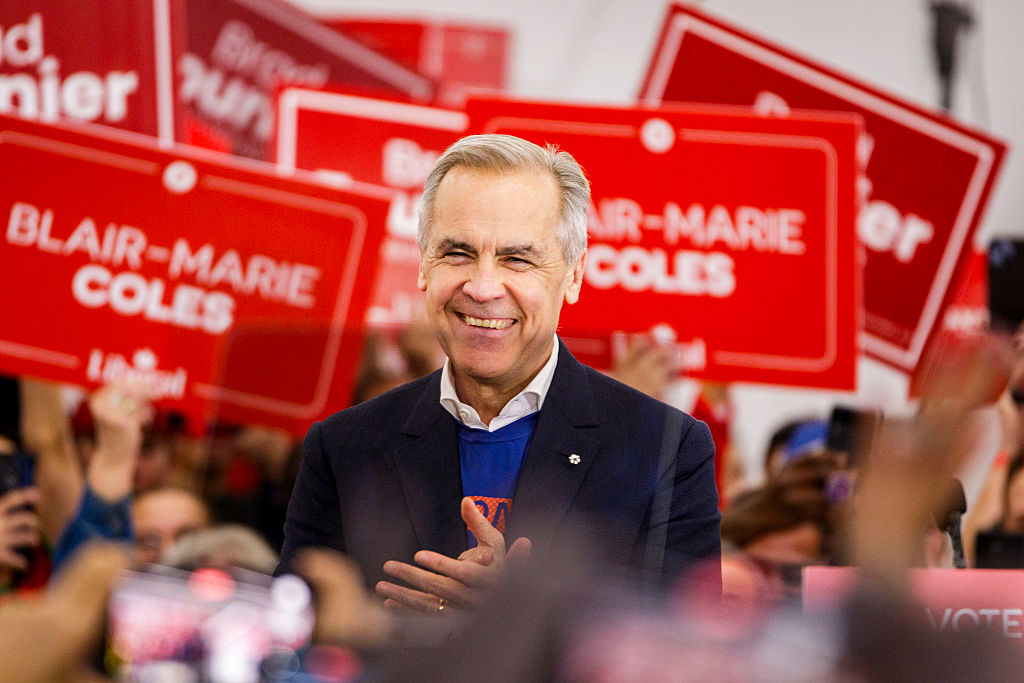
Get the latest financial news, insights and expert analysis from our award-winning MoneyWeek team, to help you understand what really matters when it comes to your finances.
You are now subscribed
Your newsletter sign-up was successful
Want to add more newsletters?

Twice daily
MoneyWeek
Get the latest financial news, insights and expert analysis from our award-winning MoneyWeek team, to help you understand what really matters when it comes to your finances.

Four times a week
Look After My Bills
Sign up to our free money-saving newsletter, filled with the latest news and expert advice to help you find the best tips and deals for managing your bills. Start saving today!
Mark Carney, Canada’s “freshly minted prime minister”, has Donald Trump to thank for putting him there, says The Times. “As a Lazarus act”, he “takes some beating”.
Carney (Harvard, Oxford, Goldman Sachs, Bank of Canada, Bank of England) didn’t even have a parliamentary seat when he was elected leader of Canada’s Liberal Party in March.
He served as prime minister for only nine days before calling a snap election. His tenure “should have been among the shortest in Canadian history”.
MoneyWeek
Subscribe to MoneyWeek today and get your first six magazine issues absolutely FREE

Sign up to Money Morning
Don't miss the latest investment and personal finances news, market analysis, plus money-saving tips with our free twice-daily newsletter
Don't miss the latest investment and personal finances news, market analysis, plus money-saving tips with our free twice-daily newsletter
In January, the month Justin Trudeau resigned after nearly ten years in office, the Liberals were “trailing by 26 points”. The victory of Pierre Poilievre, leader of Canada’s Conservatives, looked assured.
Anti-populist backlash
Now Poilievre is “history”, having lost his seat in Monday’s general election, while the Liberals, “despite being hobbled by their failure to grow Canada’s economy, build homes and evade scandal, are victorious”.
And Donald Trump can claim much of the credit. Trudeau’s unpopularity and Donald Trump’s threats to impose crippling tariffs on Canada and annex the country to make it the 51st state were a gamechanger, agrees Leyland Cecco in The Guardian.
Carney’s framing of his election campaign around these threats tapped into Canadians’ anger and elevated him to a global anti-Trump figure, heralding a possible backlash against nationalist populists elsewhere, says the Financial Times.
Australia’s incumbent Labor prime minister Anthony Albanese “may also see off a right-wing challenge on Saturday”.
However, “centrist celebration should be restrained”. Canada’s deep economic dependency on the US, which takes more than 75% of its exports, and Trump’s “direct menace to its sovereignty”, make it a “special case”.
The Liberals’ vote share of roughly 43.7% was also a narrower victory over the Conservatives’ 41.3% than the polls had predicted; the smaller parties were the “big losers”.
It was the best result in decades for the Conservatives. The Liberals secured 169 seats in the 343-seat parliament, meaning Carney needs to find three members from smaller parties to get his policies passed.
Nor are Carney’s key tasks easy. He needs, through a “delicate combination of inducements and retaliation threats”, to negotiate a new economic and security pact with Trump, or to “steel Canadians” to the pain if Trump “plays hardball”.
He also needs to boost productivity and end Canada’s reliance on the US by forging trade deals with allies in Europe and Asia.
Voters did not elect Carney for “his charisma or political acumen”, says The Economist. They embraced him because they felt he would do a better job of protecting their country from Trump.
But does he have the necessary “backbone”, asks Michael Taube in The Spectator. His “political inexperience”, “massive ego” and lack of original ideas (he kept much of Trudeau’s “terrible agenda” and stole from the Conservatives) led to a last-minute “resurgence” for Poilievre.
It wasn’t enough, but it left Canada with “another minority government” and a solid Conservative opposition with a leader currently outside parliament. What happens next? “That’s anyone’s guess.”
This article was first published in MoneyWeek's magazine. Enjoy exclusive early access to news, opinion and analysis from our team of financial experts with a MoneyWeek subscription.
Get the latest financial news, insights and expert analysis from our award-winning MoneyWeek team, to help you understand what really matters when it comes to your finances.

Emily has worked as a journalist for more than thirty years and was formerly Assistant Editor of MoneyWeek, which she helped launch in 2000. Prior to this, she was Deputy Features Editor of The Times and a Commissioning Editor for The Independent on Sunday and The Daily Telegraph. She has written for most of the national newspapers including The Times, the Daily and Sunday Telegraph, The Evening Standard and The Daily Mail, She interviewed celebrities weekly for The Sunday Telegraph and wrote a regular column for The Evening Standard. As Political Editor of MoneyWeek, Emily has covered subjects from Brexit to the Gaza war.
Aside from her writing, Emily trained as Nutritional Therapist following her son's diagnosis with Type 1 diabetes in 2011 and now works as a practitioner for Nature Doc, offering one-to-one consultations and running workshops in Oxfordshire.
-
 Should you buy an active ETF?
Should you buy an active ETF?ETFs are often mischaracterised as passive products, but they can be a convenient way to add active management to your portfolio
-
 Power up your pension before 5 April – easy ways to save before the tax year end
Power up your pension before 5 April – easy ways to save before the tax year endWith the end of the tax year looming, pension savers currently have a window to review and maximise what’s going into their retirement funds – we look at how
-
 How Canada's Mark Carney is taking on Donald Trump
How Canada's Mark Carney is taking on Donald TrumpCanada has been in Donald Trump’s crosshairs ever since he took power and, under PM Mark Carney, is seeking strategies to cope and thrive. How’s he doing?
-
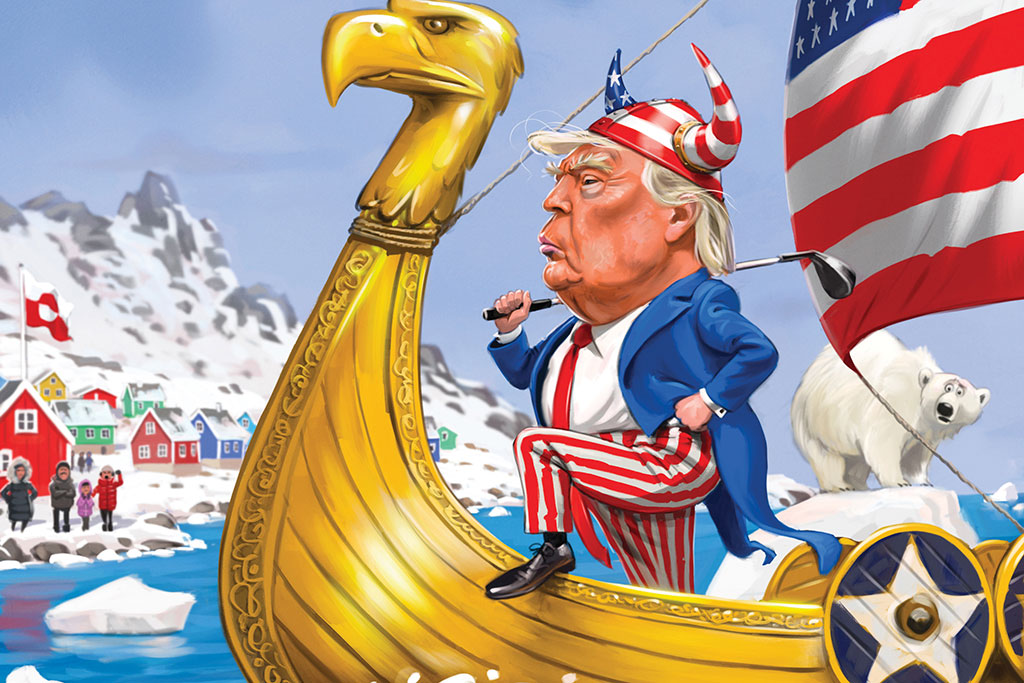 Why does Trump want Greenland?
Why does Trump want Greenland?The US wants to annex Greenland as it increasingly sees the world in terms of 19th-century Great Power politics and wants to secure crucial national interests
-
 'Investors should brace for Trump’s great inflation'
'Investors should brace for Trump’s great inflation'Opinion Donald Trump's actions against Federal Reserve chair Jerome Powell will likely stoke rising prices. Investors should prepare for the worst, says Matthew Lynn
-
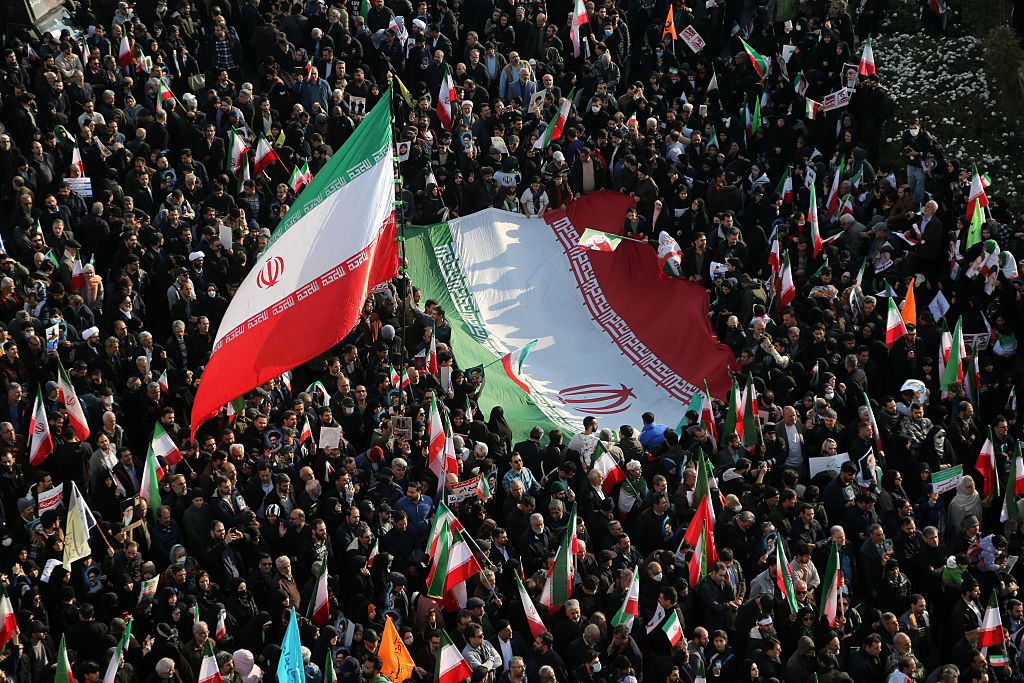 The state of Iran’s collapsing economy – and why people are protesting
The state of Iran’s collapsing economy – and why people are protestingIran has long been mired in an economic crisis that is part of a wider systemic failure. Do the protests show a way out?
-
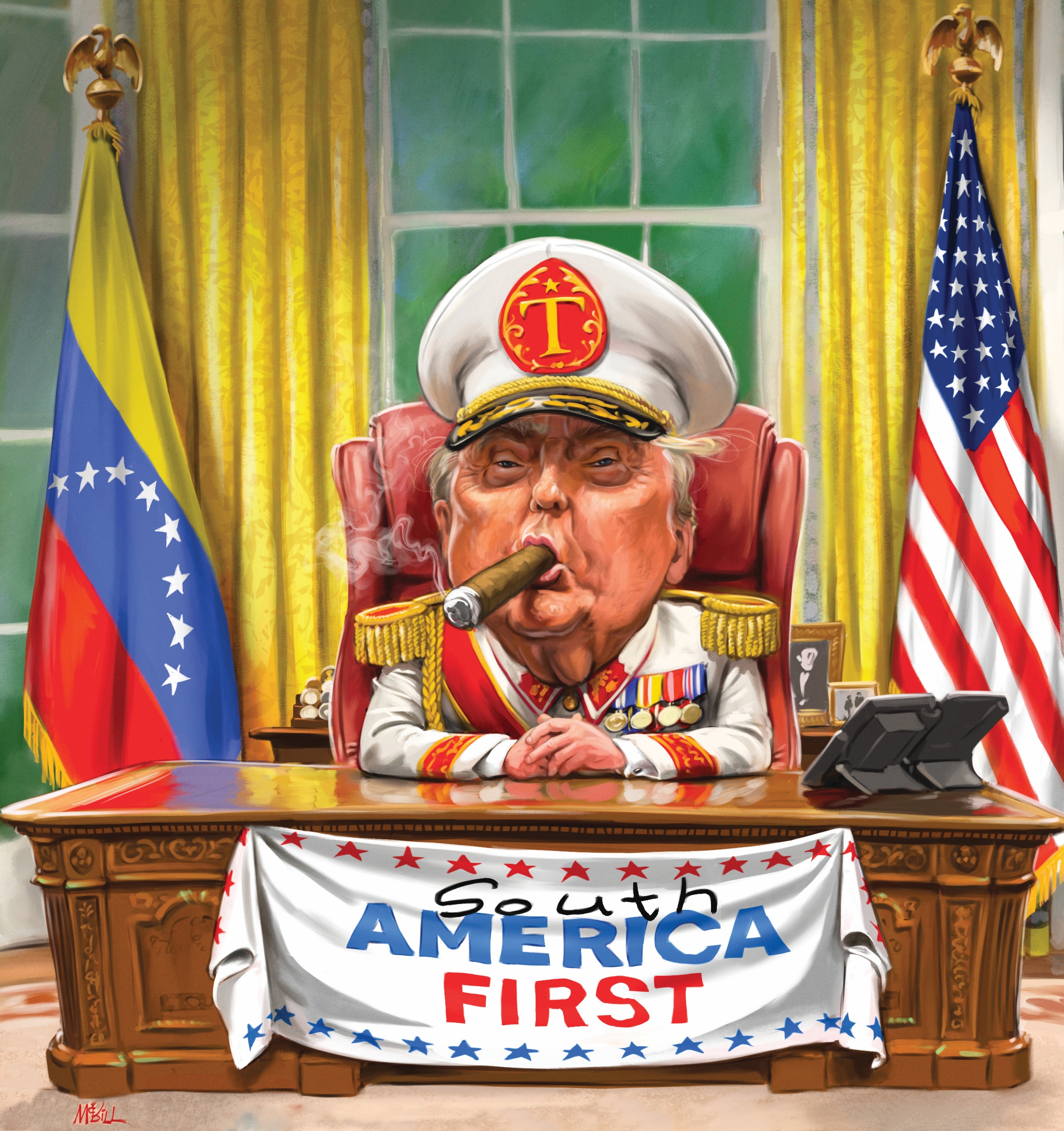 Why does Donald Trump want Venezuela's oil?
Why does Donald Trump want Venezuela's oil?The US has seized control of Venezuelan oil. Why and to what end?
-
 Market predictions for 2026: Will Dubai introduce an income tax?
Market predictions for 2026: Will Dubai introduce an income tax?Opinion My 2026 predictions, from a supermarket merger to Dubai introducing an income tax and Britain’s journey back to the 1970s
-
 The war dividend – how to invest in defence stocks as the world arms up
The war dividend – how to invest in defence stocks as the world arms upWestern governments are back on a war footing. Investors should be prepared, too, says Jamie Ward
-
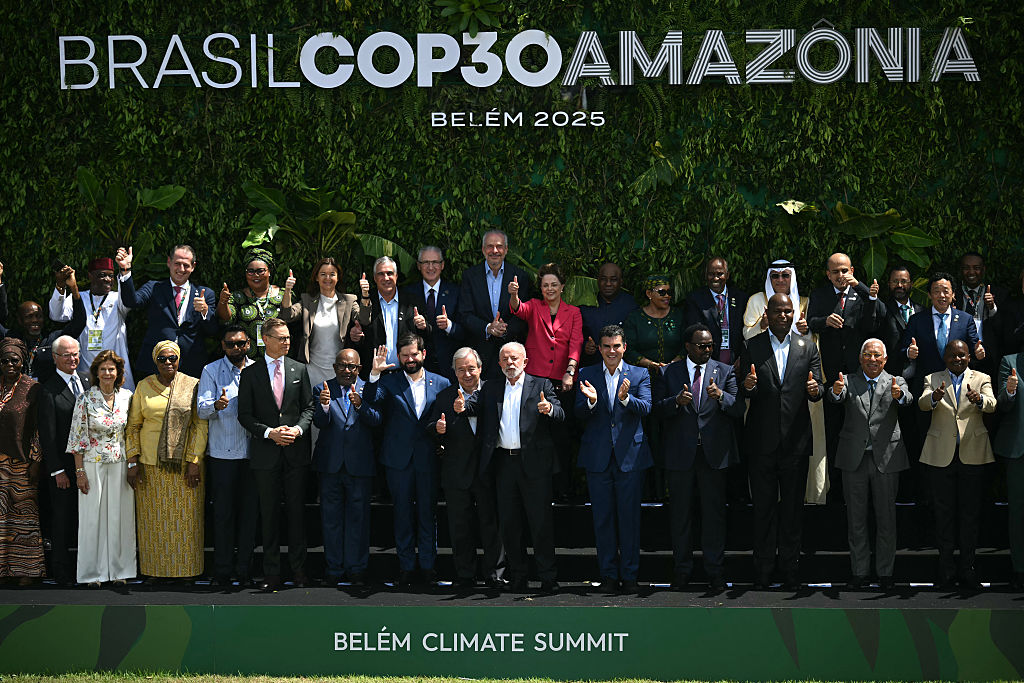 Did COP30 achieve anything to tackle climate change?
Did COP30 achieve anything to tackle climate change?The COP30 summit was a failure. But the world is going green regardless, says Simon Wilson